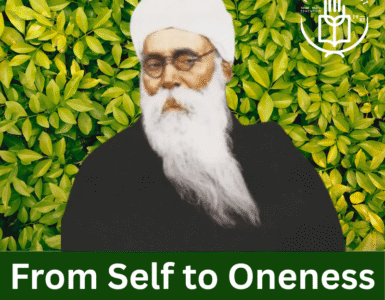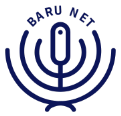Revolutionizing Rural Education in India
In this section, we highlight individuals making remarkable contributions to education. Today, we feature Baba Iqbal Singh Ji, a visionary leader who has established 129 CBSE-affiliated English medium schools in remote rural areas across India. His mission? To expand this number to 500 schools in the next decade, ensuring quality education for underprivileged children.
Breaking the Commercialization of Education
In an era where education is often seen as a business, with exorbitant fees for tuition, uniforms, and books, Baba Iqbal Singh Ji’s work stands out as a beacon of hope. While many open schools for profit, he has dedicated his life and resources to providing affordable, high-quality education to children who need it the most.
A Life Dedicated to Service
After retiring as Director of the Agriculture Department in Himachal Pradesh, Baba Iqbal Singh Ji chose to serve rural communities. Inspired by his spiritual mentors Sant Attar Singh and Sant Teja Singh, he founded Akal Academies, blending modern education with moral and spiritual values. His goal is to spread Guru Nanak’s message of love and peace through education.
From a Hut to 129 Schools & Universities
In 1986, Baba Iqbal Singh Ji started with just five students in a hut at Baru Sahib, Himachal Pradesh. Today, his initiative has grown into 129 CBSE schools across North India, including Punjab, Rajasthan, UP, Haryana, and Himachal Pradesh. His work also extends to three universities, a hospital, three de-addiction centers, and a free teacher training institute—all within just three decades.
Value-Based Education – A Unique Approach
Akal Academies aim to reinvent Gurukul-style education, emphasizing both moral values and modern learning. Unlike conventional literacy-focused schooling, value-based education nurtures character and personality development alongside academics.
Setting New Standards in Education
Despite operating in remote areas, Akal Academies maintain world-class infrastructure and innovative teaching methods:
- Smart classrooms: Over 2,000 classrooms equipped with smart boards.
- No-homework policy: Students complete assignments in school, reducing burden.
- Minimal school fees: Making quality education accessible to all.
- Healthy student-teacher ratio: 20:1, compared to 40:1 in most private schools.
- Book-free learning: Some schools have already begun implementing this concept.
Overcoming Financial Challenges with Faith
Running such a vast organization requires substantial financial resources. How did Baba Iqbal Singh Ji achieve this? By becoming the biggest beggar.
“When you ask for help, you learn humility and tolerance. You even face criticism. But in the process, you crush your ego. That’s how we grew,” he shares.
His mentor’s disciples spread the word, gathering donations to support his mission. Over time, as the quality of education spoke for itself, more people came forward to help.
Smart Growth Strategies & Self-Sustainability
Benedict Paramanand, in his book on Baba Iqbal Singh Ji, credits his success to smart financial strategies. Instead of spending heavily on infrastructure, Akal Academies follow an organic growth model—starting with basic classrooms and expanding as students progress, ensuring sustainable development.
To sustain operations, Jivo Wellness, a company founded by inspired youngsters, donates its entire profits to fund Akal Academies, healthcare, and welfare initiatives.
A Legacy of Selfless Service
Honored with numerous awards, including the Sikh Lifetime Achievement Award (2016), Baba Iqbal Singh Ji is far from slowing down. His goal remains clear—to expand Akal Academies to 500 schools while embracing paperless and cloud-based learning for the future.
His journey is a testament to faith, perseverance, and selfless service, proving that true education goes beyond literacy—it builds character, values, and a better society.
















Add comment